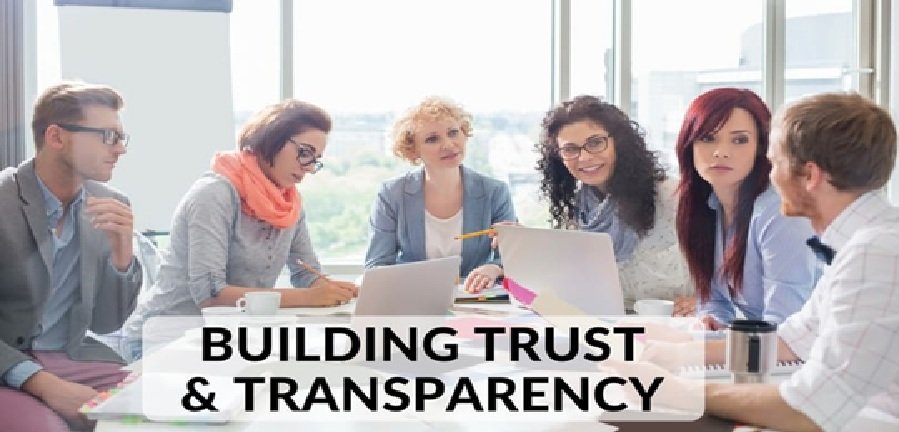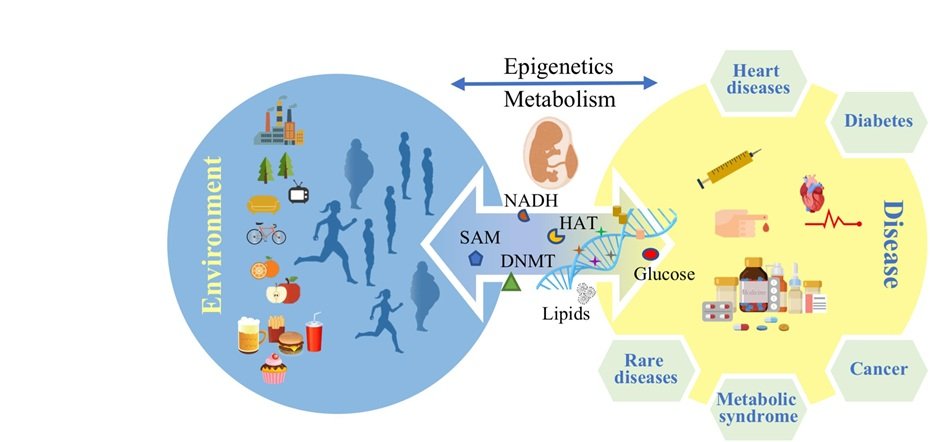In the competitive world of event promotion, crafting messages that resonate with your target audience is essential for driving attendance and engagement. Platforms like Brown Paper Tickets reviews and highlights affordable and user-friendly ticketing solutions, showcasing streamlined processes that support organizers in reaching and engaging the right audience. By leveraging audience segmentation and targeted messaging, organizers can create personalized, impactful promotions that speak directly to attendees’ needs and interests.
By understanding audience preferences and behaviors, organizers can deliver communications that capture attention and inspire participation.
When promotions are tailored effectively, they build anticipation, foster trust and ensure events connect with the right audience—maximizing attendance and overall success.
The Power of Audience Segmentation
Audience segmentation is the process of dividing your audience into specific groups based on shared characteristics. This strategy allows organizers to tailor their messaging, ensuring it feels relevant and meaningful to each segment.
Demographic Segmentation
By analyzing factors like age, location, profession and industry, organizers can craft messages that align with each group’s unique needs. For example, younger audiences may respond well to dynamic, visually engaging promotions, while professionals might prefer content that highlights networking and career growth opportunities.
Behavioral Segmentation
Understanding audience behaviors—such as past attendance, ticket purchases and session preferences—helps organizers send targeted promotions. Repeat attendees may receive early-bird offers or loyalty rewards, while first-time participants can be introduced to key event highlights.
Interest-Based Segmentation
Tailoring promotions to specific interests—like industry topics, speakers or session formats—ensures messaging resonates deeply. For instance, attendees interested in technology-focused workshops might receive targeted communication showcasing related sessions or speakers.
By segmenting audiences effectively, organizers can deliver the right message to the right people, increasing the chances of conversion and attendance.
Crafting Targeted Event Messaging
Once audiences are segmented, the next step is creating tailored messages that appeal to their unique needs and preferences.
Highlighting Value Propositions
Every promotion should communicate why the event is valuable to the audience. Whether it’s exclusive networking opportunities, expert speakers or interactive sessions, highlighting what attendees will gain ensures the message resonates. For example, “Connect with industry leaders and gain actionable insights from keynote speakers” appeals to professionals seeking career development.
Personalizing the Message
Personalization builds stronger connections. Addressing recipients by name and tailoring content to their interests makes communication feel more thoughtful and engaging. Personalized emails, such as “Don’t miss this session on AI innovations, curated for tech enthusiasts like you,” create a sense of relevance and exclusivity.
Creating a Sense of Urgency
Encouraging timely action is key to driving ticket sales. Phrases like “Limited spots available,” “Early-bird pricing ends soon,” or “Reserve your seat today” motivate attendees to act quickly.
Visual and Interactive Appeal
Well-designed visuals and interactive content—such as video previews, speaker highlights or session teasers—enhance messaging and grab attention. These features make it easier for organizers to incorporate interactive elements into their promotions to boost audience engagement.
By crafting messages that speak directly to audience segments, organizers can ensure their promotions feel relevant, compelling and action-driven.
Choosing the Right Communication Channels
Selecting the right channels to deliver your tailored promotions is just as important as the message itself. Different audience segments may engage more with certain platforms, so organizers must meet attendees where they are.
Email Marketing
Email remains one of the most effective tools for targeted messaging. Personalized email campaigns, segmented by attendee preferences and behaviors, allow organizers to deliver detailed event information, exclusive offers and reminders directly to inboxes.
Social Media Campaigns
Social media platforms provide an opportunity to connect with different audience groups using targeted ads and curated content. Platforms like LinkedIn work well for professional audiences, while Instagram or TikTok might appeal to younger demographics with visually engaging promotions.
Event Apps and Websites
Event apps and registration websites allow organizers to share customized schedules, speaker highlights and real-time updates. These platforms centralize communication and provide attendees with tailored recommendations based on their preferences.
Text Messaging and Push Notifications
For time-sensitive promotions, SMS and app push notifications are effective tools for delivering reminders or urgent updates, like “Early-bird registration closes tonight!”
By leveraging the right channels for each audience segment, organizers can maximize visibility, engagement and attendance.
Testing and Refining Promotional Strategies
Effective event messaging is not a one-size-fits-all approach. By testing and analyzing promotional efforts, organizers can identify what resonates most with their audience and make data-driven improvements.
A/B Testing
A/B testing involves creating two versions of a promotional message with slight variations—such as subject lines, visuals or calls to action—to see which performs better. This helps organizers refine their messaging for higher impact.
Analyzing Engagement Metrics
Metrics like email open rates, click-through rates and social media engagement provide insights into audience responses. For instance, high engagement with specific session highlights can inform future messaging priorities.
Incorporating Feedback
Attendee feedback, both from surveys and past event experiences, can guide how promotions are tailored. If participants express interest in more networking opportunities, highlighting these elements in future promotions can drive stronger engagement.
Through continuous testing and analysis, organizers can fine-tune their messaging strategies to better connect with their audience.
Building Long-Term Loyalty Through Targeted Promotions
Targeted messaging doesn’t just drive attendance; it fosters deeper relationships with attendees that extend beyond a single event.
Recognizing Loyal Attendees
Offering loyalty discounts, early access to tickets or VIP experiences for repeat attendees shows appreciation and strengthens long-term connections.
Tailored Follow-Up Communication
After the event, sending personalized thank-you messages, post-event highlights or exclusive offers for future events keeps attendees engaged and reinforces their value to organizers.
Anticipating Attendee Needs
By analyzing past behaviors and preferences, organizers can predict what attendees value most, delivering personalized invitations and content recommendations that make participants feel seen and eager to return.
A data-driven approach to audience segmentation and targeted messaging enables organizers to craft tailored promotions that drive attendance, boost engagement and foster lasting connections, ensuring ongoing loyalty and repeat participation.
Platforms like Brown Paper Tickets simplify this critical step by offering secure, user-friendly tools for ticketing and registration. By streamlining event planning and execution, organizers can focus on delivering promotions that resonate, inspire action and foster loyalty. In a competitive event landscape, impactful messaging is the key to transforming audience interest into attendance and long-term success.














Leave a Reply